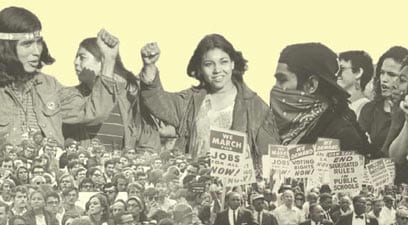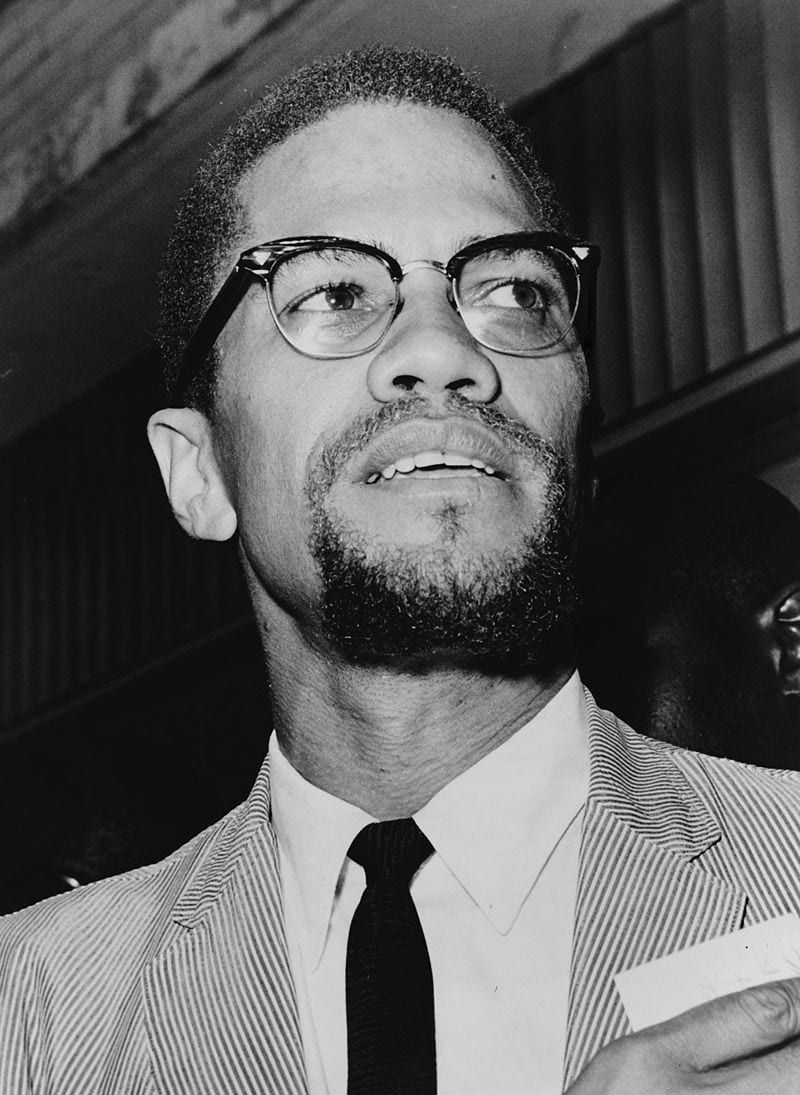This is a guest post by Reference and Research Services student assistant Ariana Varela.
The definition of public history is fluid and debated between the various types of public historians. One form of public history is archival work where documents and other types of media are collected, preserved, and cataloged in order to facilitate research. The Freedom Archives, located in the Mission District of San Francisco, preserves materials from progressive history in the Bay Area, United States, and larger international movements. Their collections range from “the civil rights, student, antiwar, prison, women’s, and LGBTQI movements along with broad collections on the Puerto Rican independence struggle, political prisoners and in-depth reports on key events from San Francisco to South Africa” (Moore).

As an intern at the Freedom Archives I practice the “behind the scenes” version of public history. By collecting, preserving, and cataloging documents, I make resources about and by marginalized individuals available for research. After researching the historical context of the sources, I am able to make a comprehensive record of each individual source with its correlating metadata. The main purpose of cataloging in an archive is to build a database of searchable and accessible materials available for research.

As a student assistant at the Reference Desk of an academic library, I am then able to explain to patrons the logistics of library research in regard to our databases. By demonstrating research fundamentals to my peers and other library patrons I am able to deepen my understanding of the importance of archival work. Archival cataloging that centers accurate descriptions, diverse subject matter, and proper linking or uploading of the original source allows public facing library staff to demonstrate searching via keywords and other limiters. Knowing how keywords are chosen when cataloging materials makes it easier to explain to patrons how they should begin their research and try different keyword searches to expand their source options.
For example, one student came up to the Reference Desk asking for sources on Malcolm X but was unsure of the exact angle she wanted to portray in her paper. I began by explaining Ignacio and the different databases we could use to find information on Malcolm X. I explained that searching different source types yields different results, from reference biographies and scholarly articles, to print books. We navigated the various phrases associated with Malcolm X to get a variety of perspectives. At the Freedom Archives I worked on editing audio clips of Malcolm X’s speeches, so I understood the evolution of his ideologies. When helping the student I suggested that recorded speeches would be a good way to understand his politics. Through working in the library I was able to share the knowledge I had acquired at the archive and explain the method behind database organization in a student-friendly manner. Some of the digitized speeches of Malcolm X are available through the Freedom Archives’ website in mp3 format.

Works Cited
Moore, Nathaniel, ed. “About the Freedom Archives.” The Freedom Archives. N.p., n.d. Web. 20 Jan. 2016.

Great job, Ariana. Making the connections is fascinating!